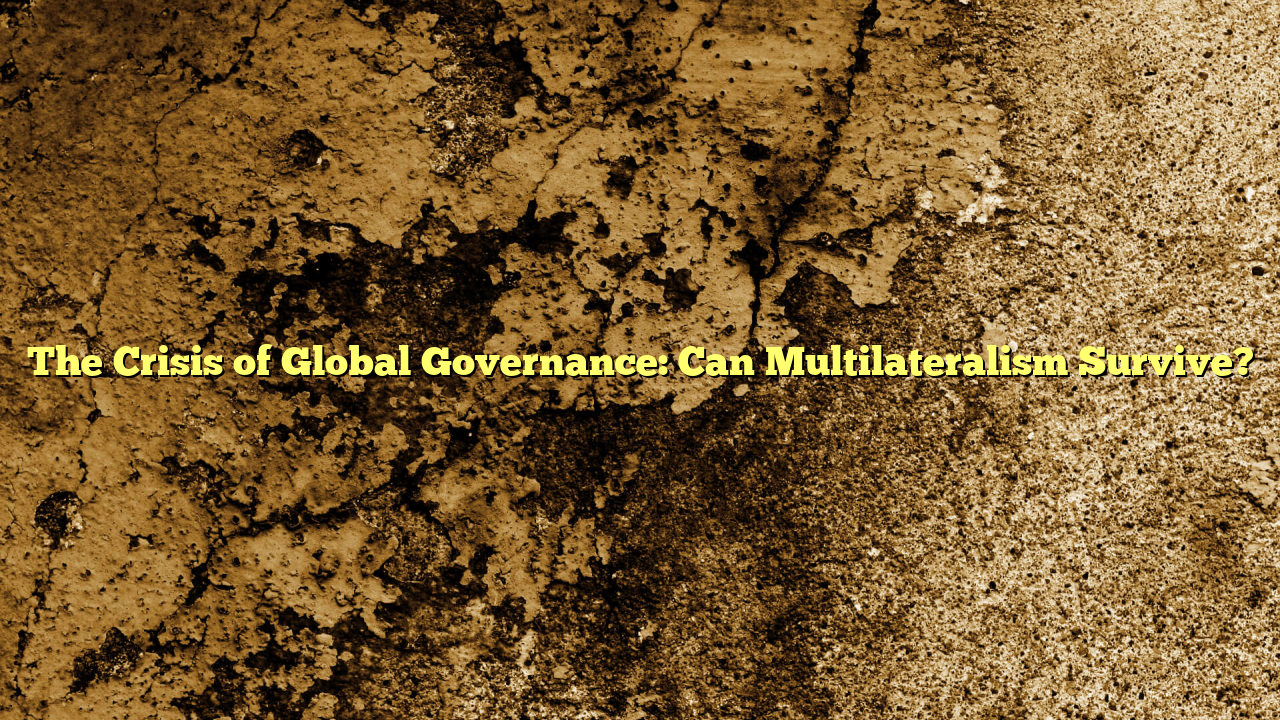The institutions that once anchored the international order — the United Nations, World Trade Organization, and World Bank — are facing their greatest legitimacy crisis in decades.
Founded after World War II to prevent conflict and promote cooperation, they now struggle under the weight of political paralysis and mistrust. The UN Security judi slot Naga169 Council remains gridlocked, its veto system paralyzing action on Ukraine, Gaza, and Sudan. The WTO is hobbled by trade wars, while the IMF faces accusations of bias and debt colonialism.
Emerging powers argue that these institutions reflect an outdated hierarchy. “We live in a multipolar world managed by unipolar rules,” said Indian diplomat Shashi Tharoor.
Efforts to reform are slow. Proposals to expand the Security Council or democratize voting in global financial bodies face resistance from established powers. Meanwhile, regional organizations like ASEAN, the African Union, and the new BRICS bank are stepping in to fill the vacuum.
Yet fragmentation carries risk. Without global coordination, crises like pandemics, cyber threats, and climate disasters could spiral unchecked.
The future of multilateralism may depend on political will — and imagination. Whether the 21st century becomes an era of cooperation or competition will hinge on whether nations can rediscover faith in the institutions they once built to save themselves.
